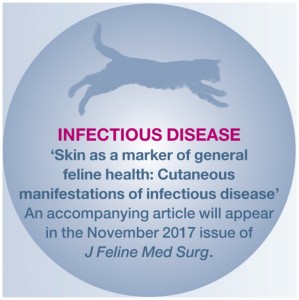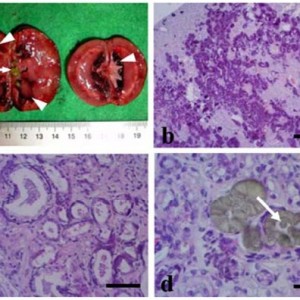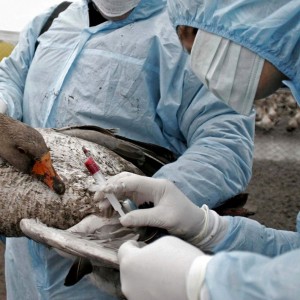Effect of phenobarbital administration on the biochemistry profile in epileptic cats
Phenobarbital administration did not result in hepatic enzyme induction or other biochemical abnormalities in epileptic cats.
Phenobarbital (PB) is the most common antiseizure drug (ASD) used for the management of feline epilepsy. In dogs, PB is known to cause serum liver enzyme induction and hepatotoxicity, especially after administration long term or in high concentrations. In cats, insufficient evidence is available to draw similar conclusions. The aim of this study was to evaluate the effect of PB administration on the serum biochemistry profile of epileptic cats. As an additional objective, other adverse effects arising, related to PB treatment, were recorded.
Medical records of four veterinary centres were retrospectively reviewed for epileptic cats receiving PB treatment. Cats were included if they had a diagnosis of idiopathic epilepsy or structural epilepsy; a normal baseline serum biochemistry profile; at least one follow-up serum biochemistry profile; no concurrent disease or had not received medication that could possibly influence liver function or lead to serum liver enzyme induction. Alkaline phosphatase, alanine aminotransferase (ALT), aspartate transaminase and gamma-glutamyl transferase activities, and total bilirubin, bile acids, glucose, albumin, total protein, urea and creatinine concentrations before and during PB administration were recorded. PB serum concentration was also recorded, when available.
Thirty-three cats (24 males, nine females) with a median age of 3 years (range 2 months to 12 years) met the inclusion criteria. Idiopathic or structural epilepsy was diagnosed in 25 (76%) and eight (24%) cats, respectively. The follow-up period ranged from 9 to 62 months. This study found an increase in ALT in three cats, possibly related to a PB serum concentration >30 µg/ml. No statistically significant increase in serum liver enzymes or other evaluated biochemistry parameters was found by comparing pre- and post-treatment parameters.
PB administration did not result in hepatic enzyme induction or other biochemical abnormalities in cats. This strengthens the safety profile of PB as an ASD in cats.
“Evaluation of the effect of phenobarbital administration on the biochemistry profile, with a focus on serum liver values, in epileptic cats” Michelle Herman, et al. J Feline Med Surg. 2021 Aug 13;1098612X211037431. doi: 10.1177/1098612X211037431.














List
Add
Please enter a comment